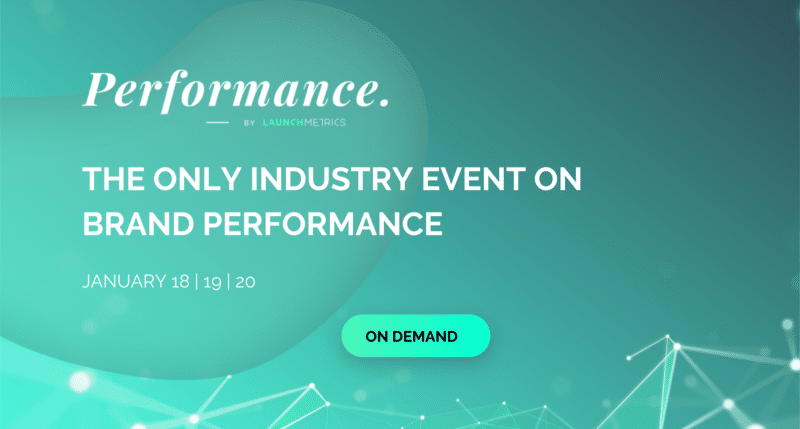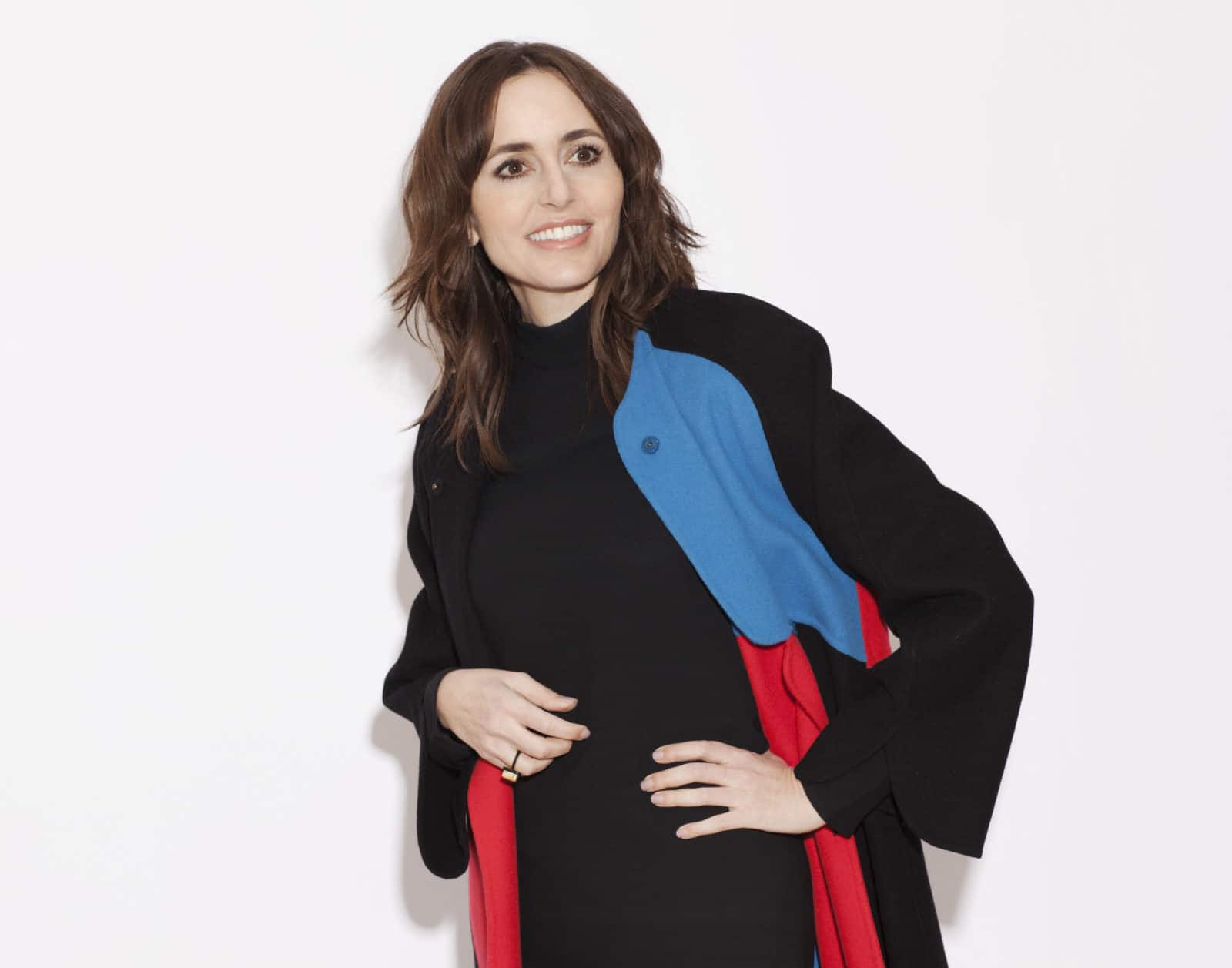The Launchmetrics 5 Questions With… interview series provides a way to connect industry leaders from the fashion, luxury, and beauty industries, and gives a platform for them to share their best advice and expertise.
For this episode of the series, we spoke with Tania Fares, Co-Chair and Co-Founder of Fashion Trust Arabia. Tania Fares is an international entrepreneur, adviser and philanthropist who has dedicated her professional life to empowering creativity, becoming a driving force promoting the business of fashion in London, the MENA region and beyond.
Fashion Trust Arabia is a non-profit initiative dedicated to scouting, funding, and mentoring young design talent. Tania first launched this initiative in 2011 when she created the UK’s BFC Fashion Trust which she headed up for 10 years, and now is co-chair of the British Fashion Council Foundation Charity. The platform that she built, bringing together a powerful community of business owners and leaders from all over the globe as well as partnerships with industry giants including Farfetch and HSBC, has empowered business growth for more than 50 diverse designers, including Sophia Webster, Roksanda, Emilia Wickstead and many more.
1. What do you love most about your job?
What I love about my job is giving back to young designers, discovering talent, giving them a platform and a formal entity where they can grow, expand, reach international markets and gain media exposure. Having had my own brand years ago, I felt like I was very fortunate to receive support from business people, and have had the opportunity to go through the ups and downs of having a brand. I was very fortunate to have that support system – we all know it’s very challenging – so I wanted to give back to the designers the way I was able to get support. That’s what I love about my job; giving back, supporting young people, discovering young talents, and meeting those amazing young people who are passionate about their work and passionate about what they do. That’s what I love. And it’s been amazing. Also discovering people from the Middle East, the region, the MENA region, from London, the UK, and hopefully beginning to work with US designers soon.
2. How has the industry changed since you started your career?
The industry has changed quite a bit since I started. I feel people are more conscious about what they wear and the product interests are shifting towards more clever and ethical behaviour. Designers are also more conscious and are constantly looking to apply sustainable practice. We all know there was a huge article on Business of Fashion today that all the designers are looking at working with sustainable fabrics and discovering what’s best for the consumer, because consumers are very aware of what they want to wear – they want to buy sustainable products. So this is where I see it has changed. And of course, all brands are trying to grow their direct-to-consumer strategies. So a lot of those brands have been very aware of getting a good relationship with their customers and growing e-commerce on their platform to grow their business. I feel that’s also a new thing. Whereas before, it was that you were on Matches Fashion or Harrods or NET-A-PORTER – which are still very important of course for any designer – but it’s also important to establish a good relationship with your consumers directly. That’s what I feel has changed quite a bit.
3. Launching products and collections has been challenging for everyone during lockdown. What lessons have you learned from these new virtual worlds that we have had to adapt to?
I’ve seen a lot of designers who were doing evening wear shift to more casual and leisure wear, adapting their brand and brand-offering to the current climate and consumer. I feel like COVID has taught all of us that you have to adapt and learn with each situation. And it has taught every designer to adapt and see how they can move forward. I think this type of ability is very important for brands to sustain their business – they have to. That’s what I feel like happened more and more during COVID. More designers were able to adapt and see what’s best for their business; some made the shift to more casual wear, whilst some of them to more… pyjamas, tennis shoes, etc… they had to adapt.
4. If you had a magic wand and could create one tool that would help your company operate better, what would it be?
A virtual world where the team and I could be in the same room from all the corners of the worlds, because it’s tough sometimes when you’re in different cities. I know Zoom is amazing and I’m very grateful for Zoom and for Microsoft’s Teams, but it’s not the same. Imagine you’re in a virtual world – I hope it will happen soon. I’m wishing for something that I think will happen – we could be all sitting together, really in one room.
5. What’s one tip that you would give your younger self?
The world is a tough place and being too emotional or sensitive can actually set you back. So the best way to overcome any challenge is to put your feelings aside and make reasonable, sensible decisions to allow you to move forward. That’s what I would advise my younger self.
To hear more top insights from key industry leaders, watch the on-demand sessions from our #Performance2022 virtual summit by clicking the banner below!

